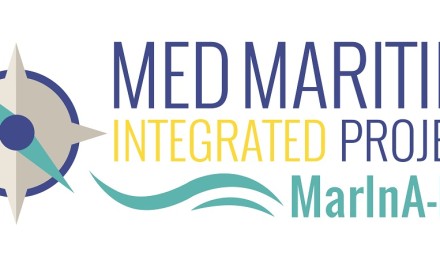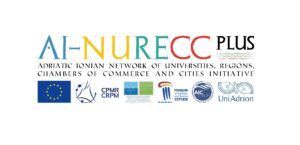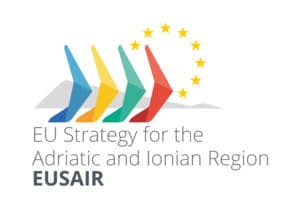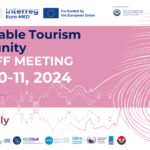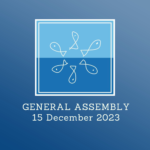The first E-CITIJENS online Work Café organised by the Veneto Region Civil Protection Department within the framework of the E-CITIJENS Citizens Awareness Campaign project was successfully held on Tuesday 24 November 2020.
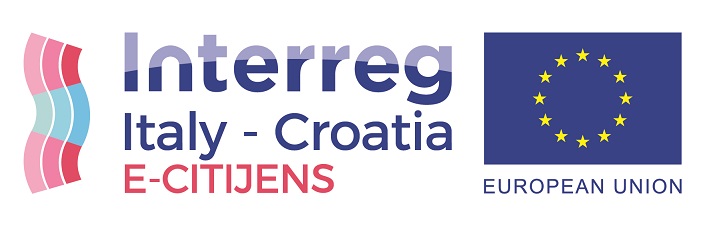
The event saw the participation of different specialists, including Civil Protection personnel, IT specialists and emergency management experts, who discussed the role and effectiveness of social media based technological tools to collect information on critical events and natural risks and compared good practices from similar regional projects with a view to helping the fine-tuning of the E-CTIJENS EDSS platform. The specialists highlighted the possibility to integrate the platform with data collected under other regional projects or by the local weather radar infrastructure as well as to include other categories of risks (e.g. snow in the plains, icy fog) in the alert management of the E-CITIJENS platform. Consensus was found as attains the importance of empowering citizens into providing “objective” reports in order to facilitate Civil Protection bodies in the management of significant data. Also, participants agreed upon the need to focus communication on the importance of referring to official sources/channels of information, even in the context of small civil protection emergencies.
The “Civil Protection Emergency DSS based on CITIzen Journalism to ENhance Safety of Adriatic Basin” (E-CITIJENS) project is implemented and financed under the 2014-2020 Italy-Croatia Cross Border Cooperation Programme with the objective of increasing safety and emergency management of anthropic and natural risks (fires, earthquakes, landslides, floods) in the Adriatic area by means of cross-border cooperation. One of the specific goals of the project is to make Italian and Croatian citizens aware of their role of “active sensors” of emergencies when reporting critical events through the social media (e.g. Facebook, Twitter etc).
The project is developing and implementing an IT platform that will allow to collect reports provided by citizens through the social media thereby rapidly providing information useful to an optimal management of occurring calamitous events.
The project also takes into account the broader framework of cross-border cooperation during the Covid-19 pandemic, which has profoundly changed the management of health-related risks worldwide, highlighting the relevance of social media and collaborative technologies. Information provided through the social media, together with that derived from other measurement tools present on the territory, can be used by those responsible for emergency management to better decide the organisation, planning and distribution of resources as needed.



